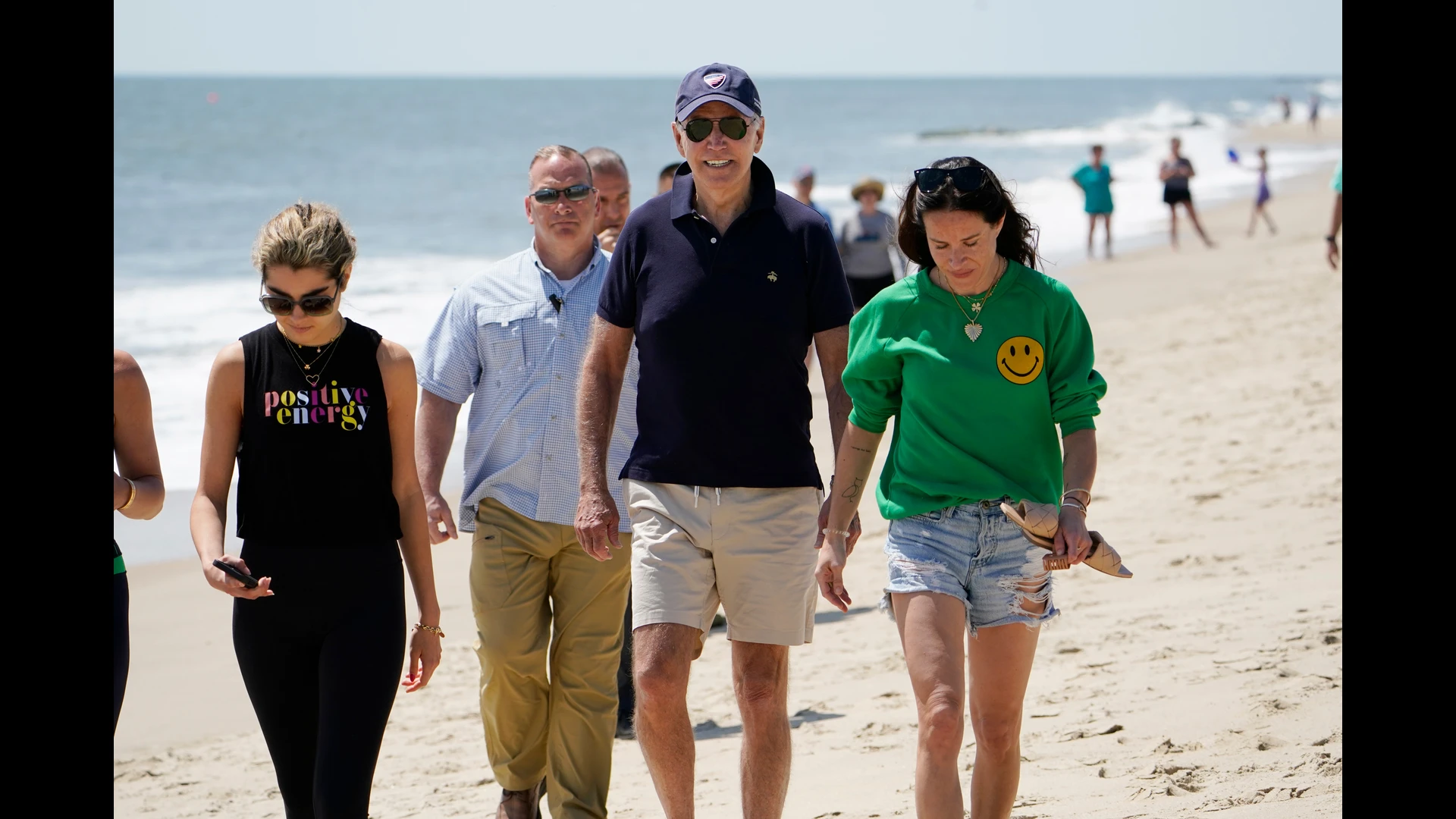
A recent Republican report claims that U.S. President Joe Biden has taken 532 days off, or about 40% of his presidency, sparking criticism from his political opponents. The report, released as Biden nears the end of his first term, contrasts the president’s time off with the average vacation days taken by American workers, highlighting that Biden’s extended breaks far exceed the typical allotment. The claim has led to heightened scrutiny of Biden’s work ethic and commitment, especially given the challenges the country has faced during his time in office.
The report suggests that Biden’s vacations occurred mostly at his homes in Delaware, where he frequently spends weekends. It also notes other vacation destinations like Camp David and Martha’s Vineyard. Republican critics argue that this amount of time away from the White House demonstrates a lack of leadership during a time of significant national and global challenges, including economic instability, inflation, and foreign policy concerns.
However, the White House has defended Biden’s time away, emphasizing that even when on vacation, he remains actively engaged with his presidential duties. Biden’s team argues that modern technology allows him to stay in close contact with senior staff and make critical decisions remotely. White House officials have pointed out that taking breaks doesn’t necessarily mean disengagement from work, especially for a president.
This debate over presidential time off isn’t new. Past presidents, including Donald Trump and George W. Bush, also faced criticism for the amount of time they spent away from the Oval Office. Biden’s supporters argue that he, like other presidents, deserves time to recharge, especially given the demands of the job.
As Biden prepares to exit the political stage and Vice President Kamala Harris steps in as the Democratic nominee for the upcoming election, this controversy over his time off adds another layer to the ongoing political discourse.















